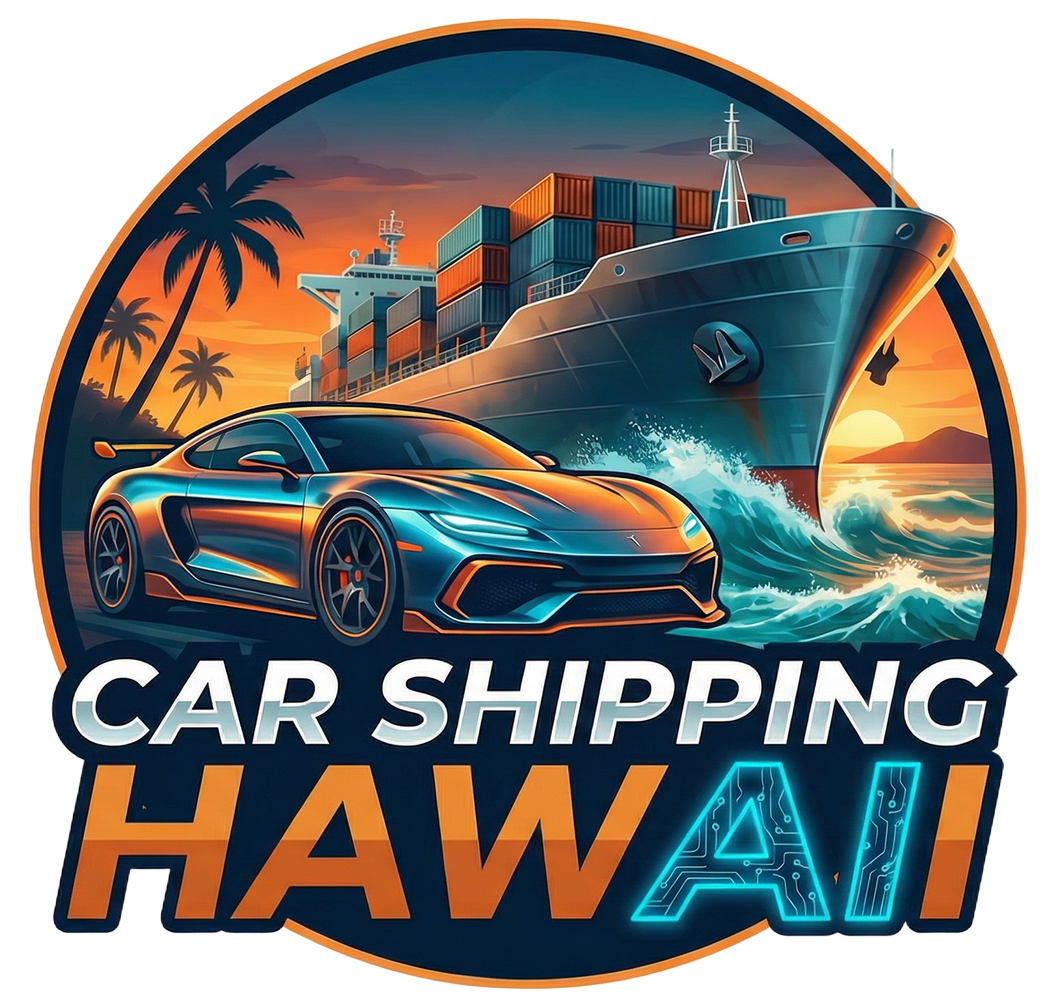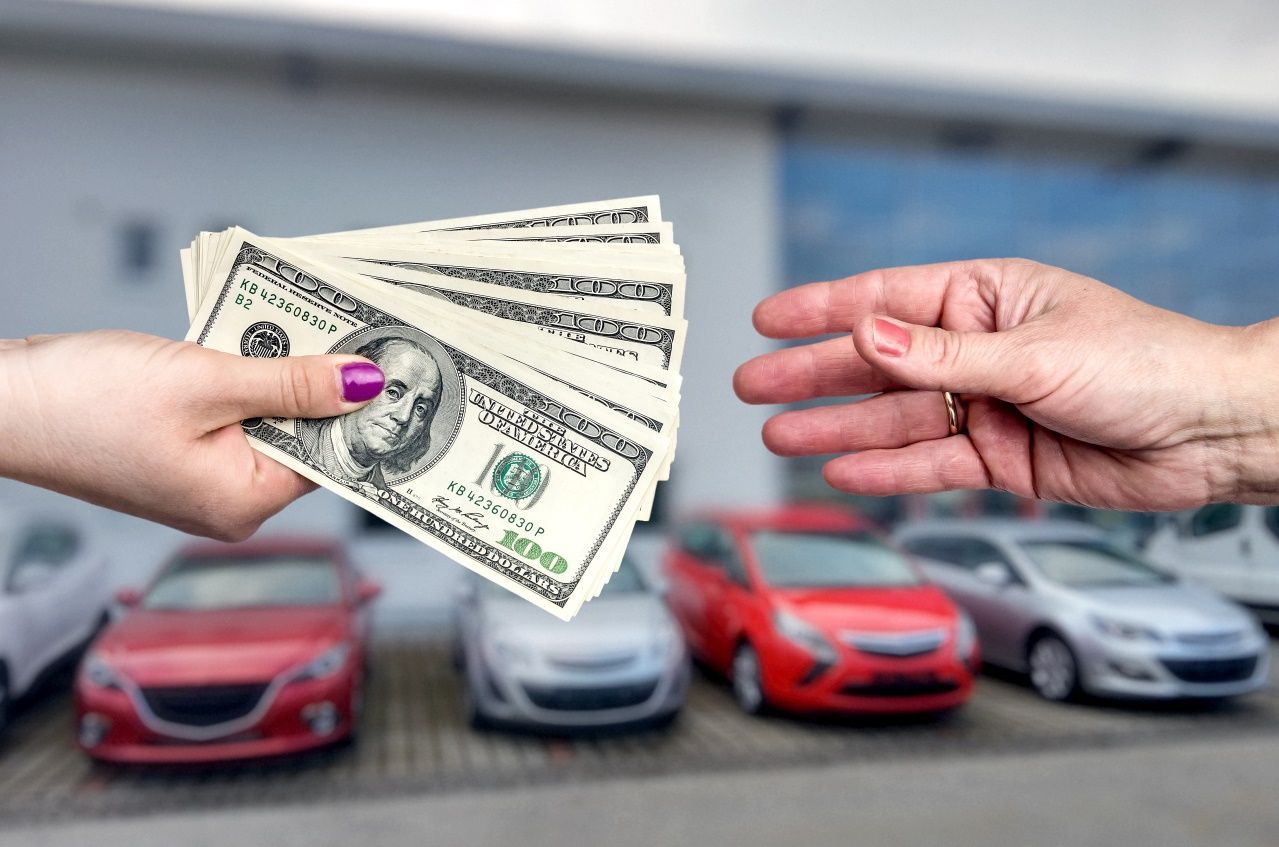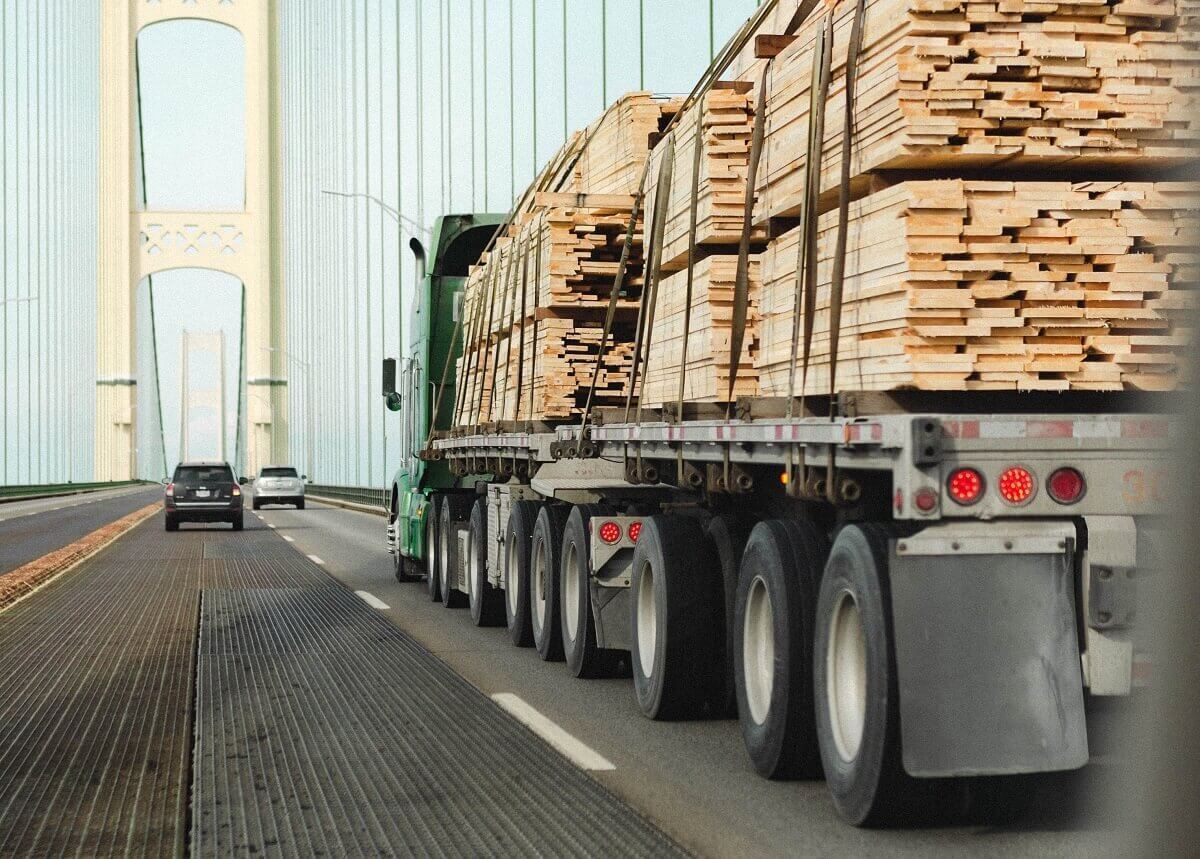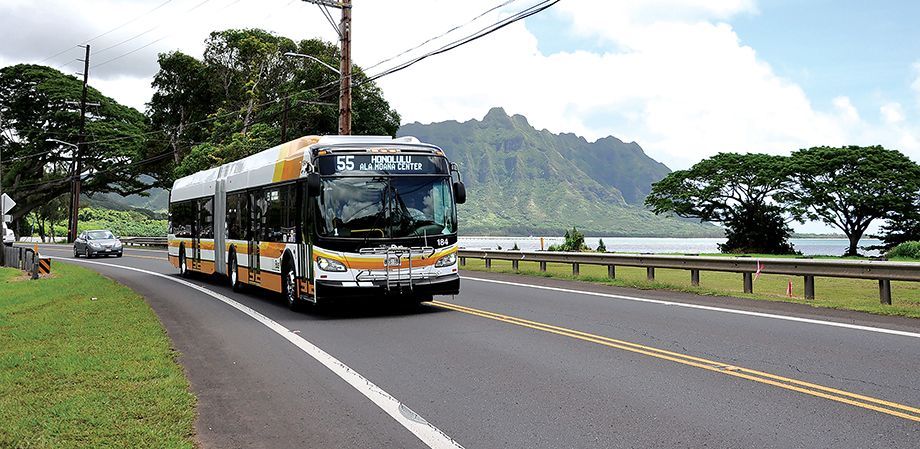What You Need to Know About Car Shipping Insurance for Hawaii
Car shipping insurance for Hawaii is an important consideration for anyone who is planning to transport their vehicle to or from the Hawaiian Islands. Whether you are moving to Hawaii, shipping a car to a friend or family member, or just need to transport a vehicle for business purposes, it's essential to understand the different types of car shipping insurance available and how they can protect you and your car during transit.
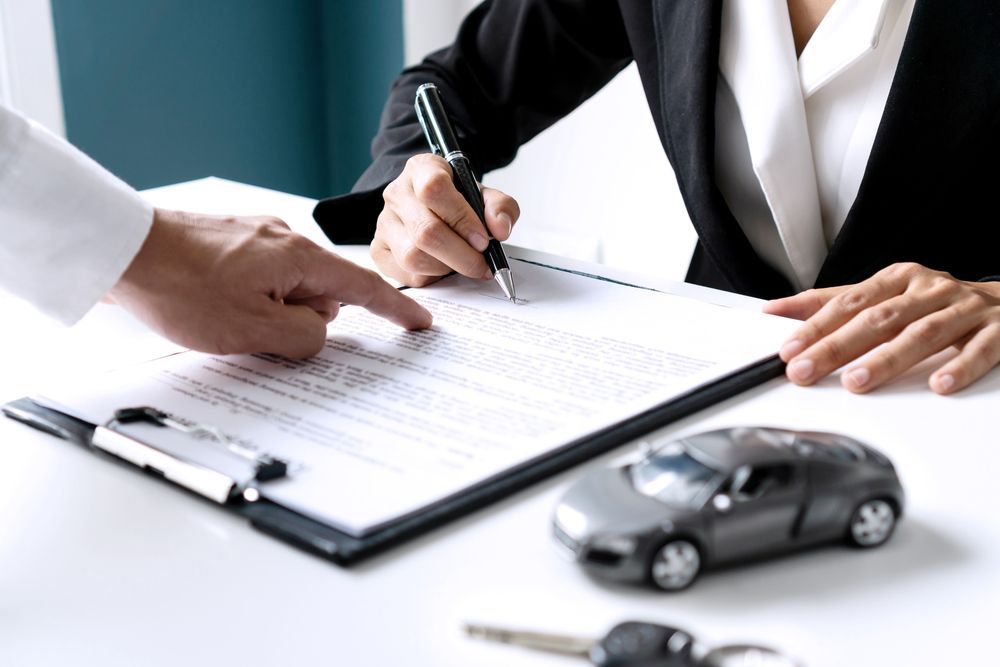
Car Shipping Insurance for Hawaii: A Closer Look
In this article, we'll take a closer look at car shipping insurance for Hawaii and answer some common questions about how it works, what it covers, and how to make sure you have the right coverage for your needs.
What is Car Shipping Insurance?
Car shipping insurance is a type of insurance that is designed to protect your vehicle during transport. When you hire a car shipping company to transport your car, they are required by law to carry liability insurance to cover any damages they may cause to your car or other property during transport.
However, this liability insurance may not cover all types of damage or loss that could occur during transport. That's where additional car shipping insurance comes in.
Types of Car Shipping Insurance
There are several types of car shipping insurance available, including:
1. Liability Insurance
As mentioned, car shipping companies are required to carry liability insurance to cover any damages they may cause to your car or other property during transport. This insurance typically covers damage caused by the carrier's negligence, such as accidents or collisions.
2. Comprehensive Insurance
Comprehensive insurance provides coverage for a wider range of risks, including damage caused by weather, theft, or vandalism. This type of insurance is often recommended for those who are shipping high-value vehicles or those who want extra peace of mind during transport.
3. Gap Insurance
Gap insurance is designed to cover the difference between the amount of your car's loan or lease and its actual cash value in the event of a total loss. This type of insurance can be particularly useful for those who are shipping a new or expensive car.
4. Total Loss Insurance
Total loss insurance provides coverage in the event that your car is completely destroyed or lost during transport. This type of insurance typically provides a payout that is equal to the actual cash value of your car.
5. Enclosed Transport Insurance
Enclosed transport insurance provides coverage for damage that occurs during transport in an enclosed carrier. This type of insurance is recommended for those who are shipping high-value vehicles, as it provides extra protection against damage caused by weather or other environmental factors.
How Does Car Shipping Insurance Work?
When you hire a car shipping company, you will typically be given the option to purchase additional insurance coverage. The cost of this coverage will vary depending on the type and amount of coverage you choose, as well as the value of your vehicle.
If you decide to purchase additional car shipping insurance, the carrier will provide you with a policy outlining the terms and conditions of the coverage. This policy will typically include information about the types of damages covered, the deductible (if any), and the maximum amount of coverage provided.
In the event that your car is damaged during transport, you will need to file a claim with the carrier's insurance company. The carrier's insurance adjuster will then assess the damage and determine whether it is covered under the policy.
If the damage is covered, the insurance company will either pay for the repairs or provide you with a payout equal to the value of the damages. If the damage is not covered, you may be responsible for paying for the repairs out of pocket.
Tips for Choosing Car Shipping Insurance
When choosing car shipping insurance for Hawaii, there are several factors to consider. Here are some tips to help you make the right choice:
1. Consider the Value of Your Car
If you are shipping a high-value car, it's important to make sure you have adequate insurance coverage to protect your investment. Consider purchasing comprehensive or enclosed transport insurance to provide extra protection against damage during transit.
2. Review the Carrier's Insurance Policy
Before purchasing additional car shipping insurance, review the carrier's insurance policy to see what types of damages are covered and the maximum amount of coverage provided. This will help you determine whether you need additional coverage and how much coverage to purchase.
3. Understand the Deductible
If the carrier's insurance policy has a deductible, make sure you understand how much you will be responsible for paying in the event of a claim. Consider purchasing additional insurance with a lower deductible to reduce your out-of-pocket expenses.
4. Research the Insurance Company
When purchasing additional car shipping insurance, make sure you research the insurance company to ensure they have a good reputation and a track record of paying claims promptly and fairly. Look for reviews and ratings online and ask the carrier for recommendations.
5. Read the Fine Print
Before purchasing additional car shipping insurance, make sure you read the policy carefully and understand the terms and conditions. Pay attention to exclusions, limitations, and other details that could affect your coverage.
6. Consider Your Destination
If you are shipping your car to Hawaii, consider purchasing additional insurance that covers damage caused by saltwater exposure. Saltwater can cause significant damage to your car's exterior and mechanical components, so it's important to make sure you have adequate coverage.
Conclusion
Car shipping insurance for Hawaii is an important consideration for anyone who is planning to transport their vehicle to or from the Hawaiian Islands. By understanding the different types of car shipping insurance available and how they work, you can make an informed decision about the coverage that is right for your needs.
When choosing car shipping insurance, consider the value of your car, review the carrier's insurance policy, understand the deductible, research the insurance company, read the fine print, and consider your destination. With the right coverage in place, you can have peace of mind knowing that your car is protected during transport.

